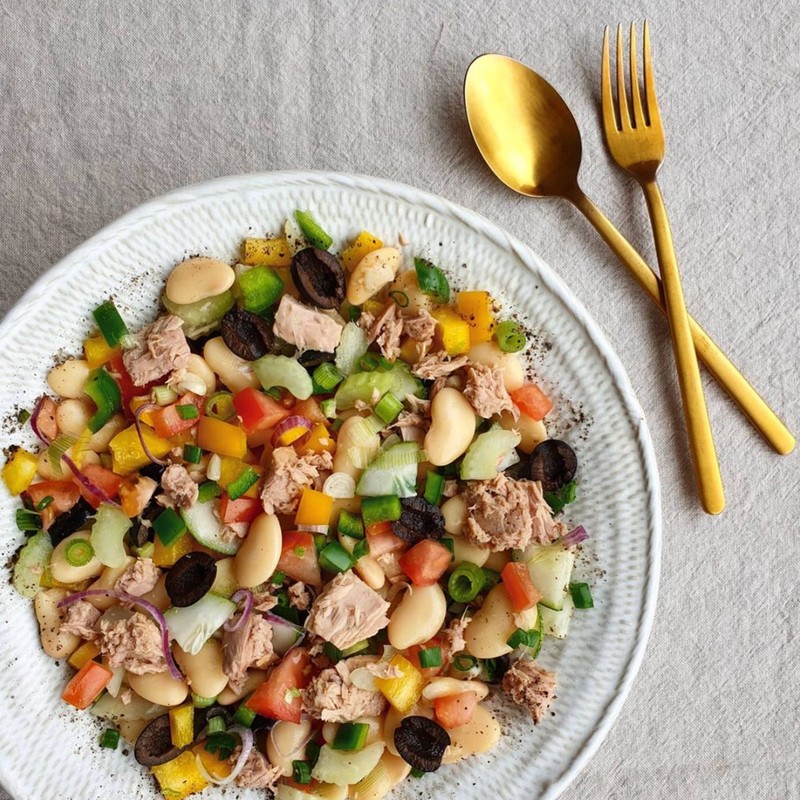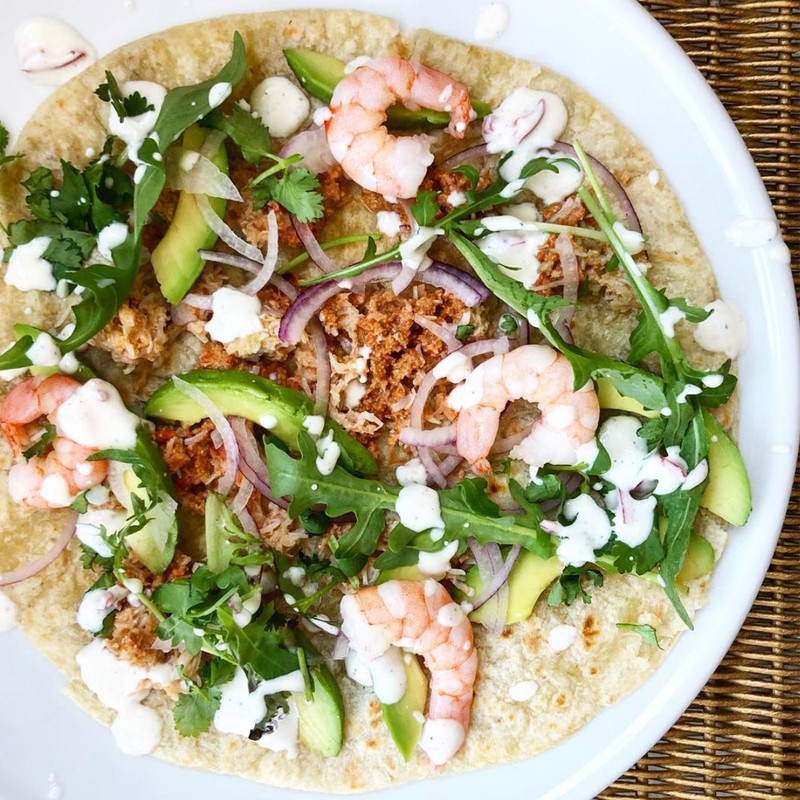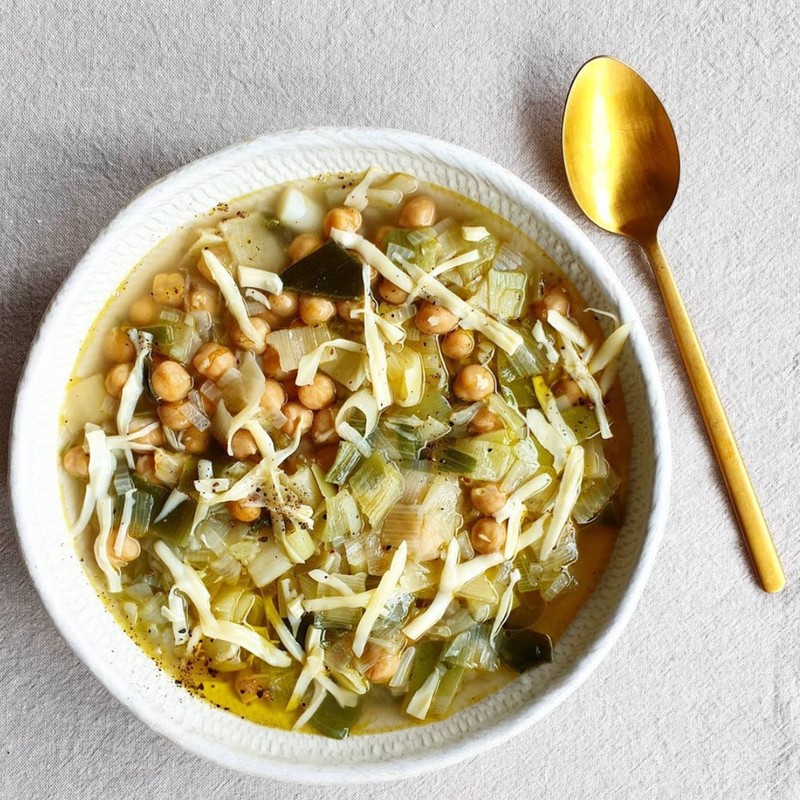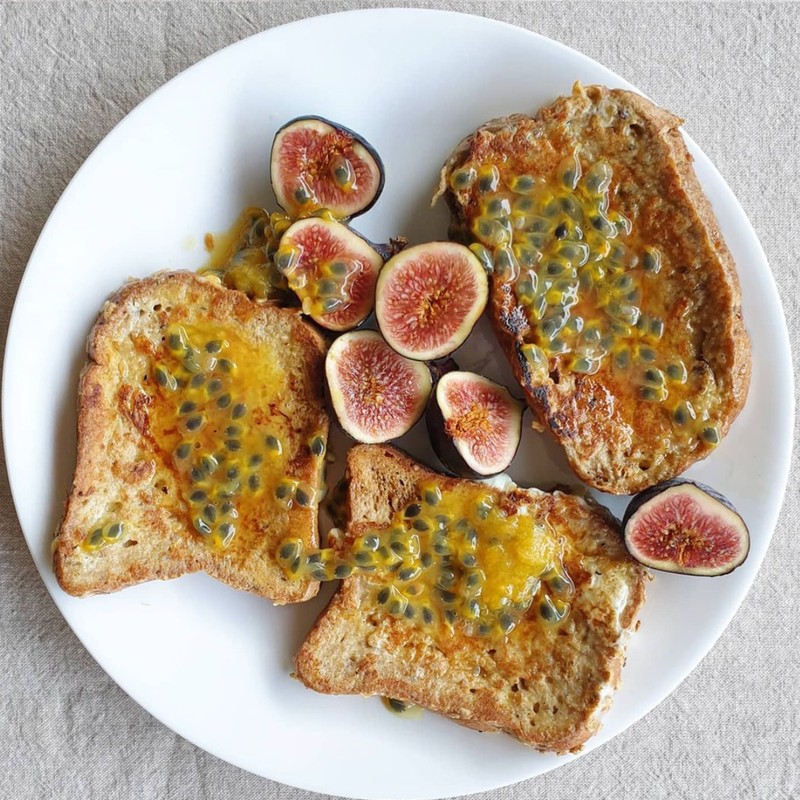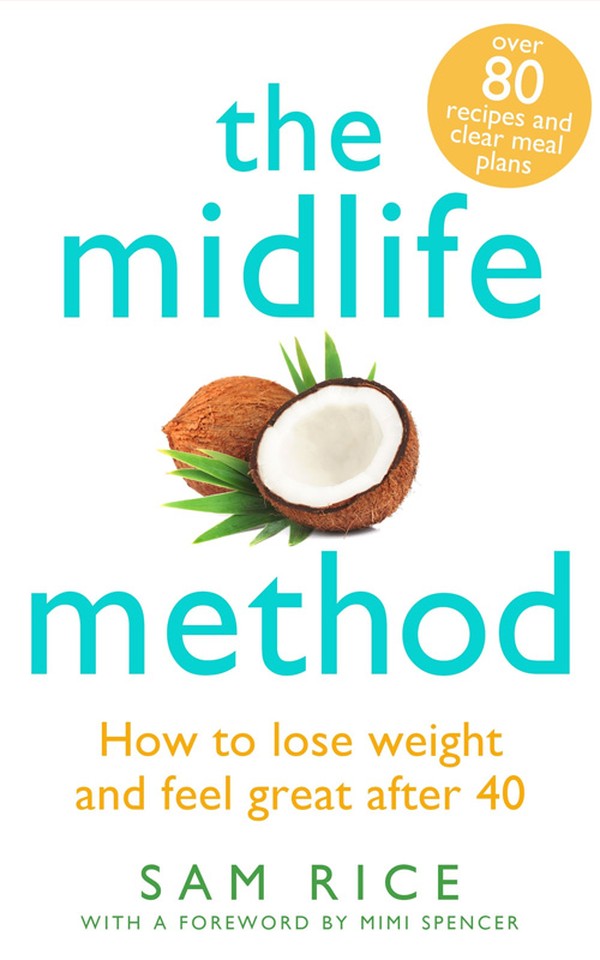
How To Stay Healthy In Midlife With Sam Rice
Introduce us to the Midlife Method, Sam…
“It was important to me that any book about midlife weight loss was as much about feeling great as losing a few pounds, and that’s precisely what the book is all about. There’s a reason it’s called the Midlife Method not the Midlife Diet. It’s a set of practical tools and recipes to help you manage your weight long term and feel great in the process. Losing weight at any stage of life requires focus, determination and patience, and The Midlife Method is no different. There is no magic potion that will do the work for you, but if you commit to the programme for 28 days you will lose weight and, more importantly, have the knowledge to manage your weight in the future. The book is packed with science-backed information as well as simple, delicious recipes that are nutritionally balanced to support optimum health in midlife. Yes, many midlifers want to be thinner, but losing weight is more about prolonging our health span – that is, the number of fit, active and healthy years we have ahead of us.”
Why is midlife weight management so important?
“Weight management at any time of life is important for your overall health, but studies show that obesity from your middle years onwards is one of the main risk factors for a range of chronic diseases. A UK observational study based on the NHS records of 2.8m people found those who were severely obese in middle age (with a BMI of over 35) were 50% more likely to die early than those of a healthy weight. Even those with a slightly lower BMI (30-35) had twice the risk of high blood pressure and nearly twice the risk of heart failure as those with a normal BMI. More recently, obesity has been in the spotlight because of the pandemic. At the time of writing, studies show a strong correlation between obesity and an increased risk of dying from Covid-19. Unfortunately, weight gain is all too common among midlifers: menopausal women gain on average around 1.5 pounds (0.7kg) per year during their 40s and 50s.”
Exactly why do we gain weight in midlife?
“There are three main changes going on physiologically as we age. Firstly, our hormones – namely oestrogen and progesterone – decline and this can lead to changes in weight distribution, and we tend to accumulate fat around the middle. Secondly, our metabolism slows as we age. In fact, in terms of energy requirements, we need around 20% fewer calories at 50 than in our 20s. We also tend to lose muscle mass as we age, and this further slows metabolism. Finally, the diversity of our gut bacteria declines as we age, and so we become less efficient at extracting what we need from our food. Effectively, we need more nutrition from fewer calories.”
How does the Midlife Method work?
“It’s a three-pronged plan for weight loss and better health. The key to weight loss is maintaining an energy deficit, so we advocate light days, when you stick to 800 calories, and regular days, when you focus on nutrient-dense food at around 1,600 calories. The number of light days you do per week will depend on the amount of weight you wish to lose, and how quickly. A minimum of three light days per week is required to see some progress. The four-week meal plan included in the book starts with six light days in the first week – while motivation is high – to achieve rapid initial weight loss. The number of light days is then reduced gradually to three per week by week four – this is continued until you reach your target weight. As you go, exercise, decent sleep, stress management and alcohol moderation are all non-negotiable, too.”
What can you eat? Are any food groups excluded?
“Unless you have an allergy or intolerance of some kind, then an abundant, inclusive diet is the way to go in midlife. I don’t believe in cutting anything out. In terms of macronutrient balance, I worked with dietitian Sarah Schenker on the book; she advises that in midlife we can afford to up our protein and fat intake a little, and reduce carbohydrates. The Midlife Method recipes aim for a ratio of 30% fat, 25% protein and 45% carbohydrates. It’s also important to focus on the quality of the macronutrients you are eating, so healthy fats, good, lean protein and complex carbs are the name of the game.”
What do you eat in an average day?
“I have a black coffee and large glass of water as soon as I wake up and tend to have breakfast after exercising. My favourite breakfast, and one I consume often, is my apple and carrot bircher muesli. Lunch is often a bowl of homemade soup, and supper some form of lean protein with vegetables – I am particularly enjoying my teriyaki mackerel with sesame spinach at the moment. I tend not to snack or drink alcohol on my light days, but if I’m not in weight-loss mode I may have a snack or glass of wine in the evening. I prioritise lean protein and healthy fats over carbs in every meal, even if it’s something as simple as a fillet of salmon or chicken breast with a salad, along with half an avocado or a good drizzle of olive oil. When it comes to portion size, aim for a palm-sized amount of protein at each meal.”
What about snacking?
“Snacking is fine as long as it’s in response to genuine hunger and not just because you’re bored or not eating well at mealtimes. When a snack attack comes on, the first thing to do is ask yourself if you are genuinely hungry. On a scale of one to ten, if it’s less than eight, you probably don’t need a snack. If you do, then try and choose something that has a decent amount of fibre to nourish you until your next meal. Some of my favourite snacks include two tablespoons of Greek yoghurt with a handful of raspberries; an oatcake and a soft dried fig; a Medjool date stuffed with a teaspoon of nut butter; or a square of dark chocolate and a few salted peanuts.”
You’re an advocate of gut health – how exactly can nourishing the gut help as you age?
“Studies have shown that our gut diversity – and consequently the efficiency with which we digest and metabolise food – declines after the age of 40, so it’s more important than ever to look after our gut health in midlife. Evidence is mounting that our gut health is linked to almost every aspect of our overall health, and studies also show our microbiome plays a role in regulating body weight. Given the composition of your microbiome isn’t fixed and can be influenced by dietary interventions, it’s entirely possible that improving your diet could facilitate weight loss. To support gut health, eat a diet rich in fibre, including fermented foods that contain probiotics, such as live yoghurt, miso and kimchi; chew your food well; drink alcohol and caffeine in moderation; sleep well; and stress less, as being stressed and tired can profoundly affect gut health. Also try to exercise regularly, as exercise has been associated with greater microbial diversity. If you can aim to eat 30 different plant-based foods each week – think nuts, seeds, wholegrains, legumes, fruits and vegetables – even better.”
What should women in midlife be eating more of?
“As well as protein, healthy fats and fibre really are key. Both increase satiety levels and mean you’re less likely to overeat. Avocados, nuts, seeds, full-fat yogurt, oily fish, olives and olive oil are great sources of healthy fat. For fibre, try eating whole grains (oats, quinoa, brown rice), wholegrain bread and pasta, beans and legumes including peas, root vegetables, leafy greens, and fresh fruit (not juiced).”
What do you think are the most nutritious foods?
“There’s a scale nutritionists use called the ANDI index which rates foods according to their nutrient density. Foods such as leafy greens, colourful fruit and veg, beans and seeds all score very highly, so I try to incorporate as many of these as possible in my diet. The trick is to seek out those nutritious foods you enjoy eating –just because something is healthy doesn’t mean you have to eat it. Eating should always be about pleasure.”
How was your experience of the menopause?
“I am 51, so very much still in it. Eating well has helped my symptoms, although the main change I have noticed is with sleep – I don’t sleep as well as I used to and have issues with memory and brain fog. If you are struggling with menopausal symptoms, have a chat with your GP as HRT can be a game-changer. A huge amount can be achieved through nutrition and exercise, but sometimes this isn’t enough. Don’t suffer in silence, talk to friends, family and your doctor and make sure you get the support you need. Remember, everyone’s experience of menopause is different.”
How do you stay fit?
“All exercise is good so do what you enjoy, but the key is to try and be active every day in some shape or form – be it a walk outside, some yoga or a bike ride. Adding an element of strength or resistance training can really make a difference in midlife because it helps maintain muscle mass, which supports metabolic rate. In fact, if you are exercising regularly but it doesn’t seem to be as effective as it once was, then it would be a good idea to incorporate some strength training into your regime. It doesn’t have to be lifting heavy weights in a gym, resistance Pilates is fantastic or even just buy a mat and a set of hand weights to use at home. There is so much free content on the internet and training apps, so you are only a click away from a workout. I use the HASFIT app and do Pilates online with Pilates & Co.”
Finally – is there anyone you look up to as a healthy role model?
“I was lucky enough to chat to Liz Earle on her podcast earlier this year and it was such a thrill because I love everything about her approach to health and wellbeing. Liz’s message is very much in line with mine – to embrace midlife by looking after yourself from the inside out.”
Follow Sam on Instagram [@MidlifeKitchen] and visit MidlifeMethod.co.uk. The Midlife Method: How To Lose Weight And Feel Great After 40 is available now.
DISCLAIMER: Features published by SheerLuxe are not intended to treat, diagnose, cure or prevent any disease. Always seek the advice of your GP or another qualified healthcare provider for any questions you have regarding a medical condition, and before undertaking any diet, exercise or other health-related programme.
DISCLAIMER: We endeavour to always credit the correct original source of every image we use. If you think a credit may be incorrect, please contact us at info@sheerluxe.com.

